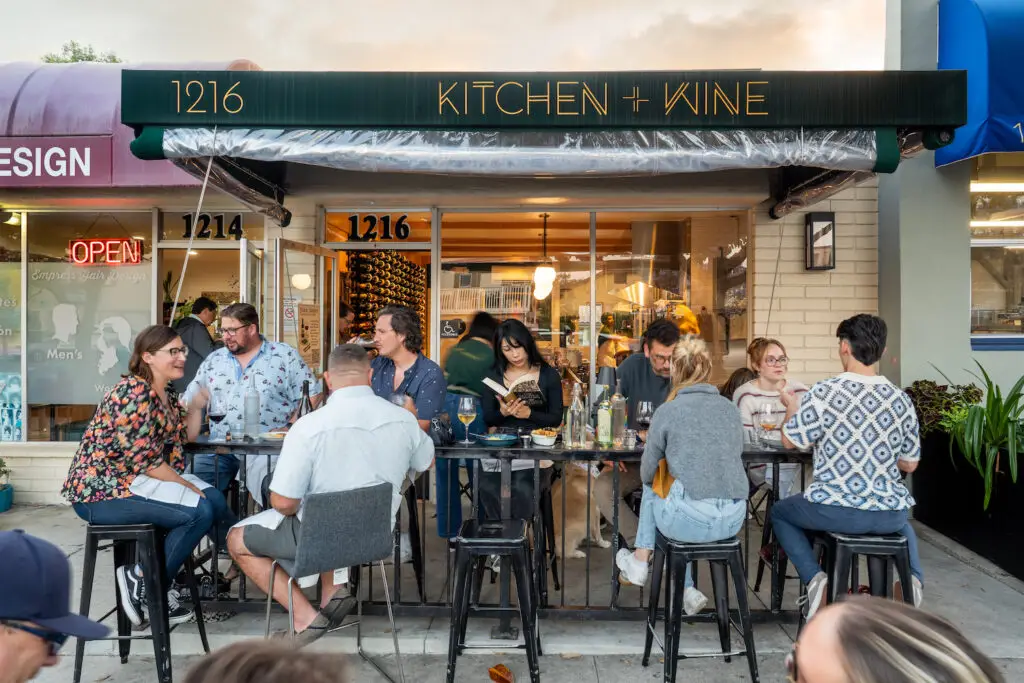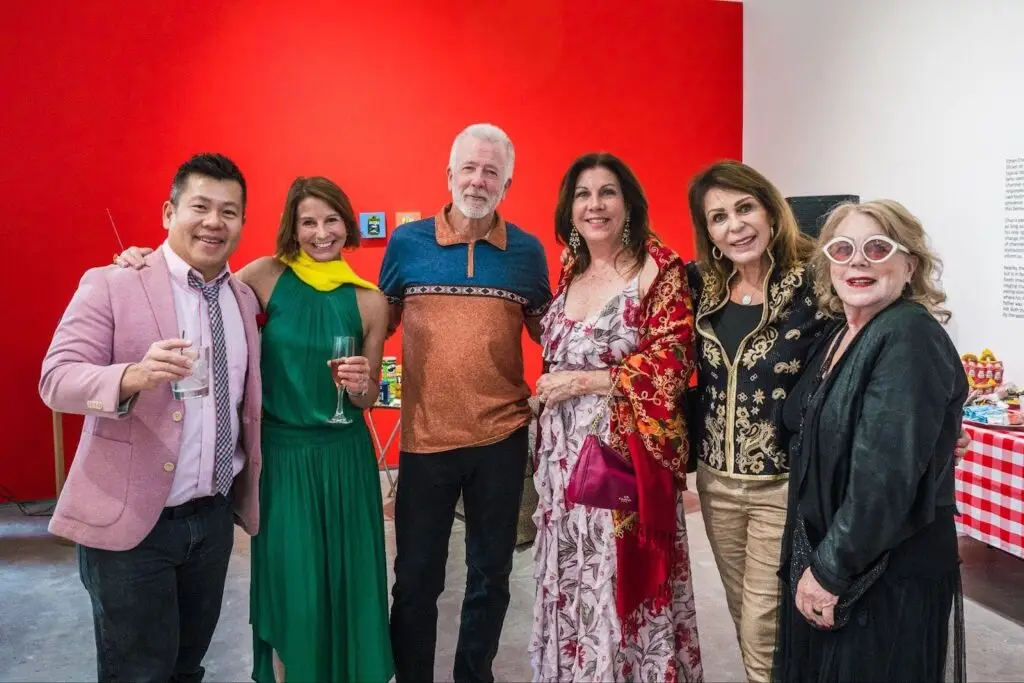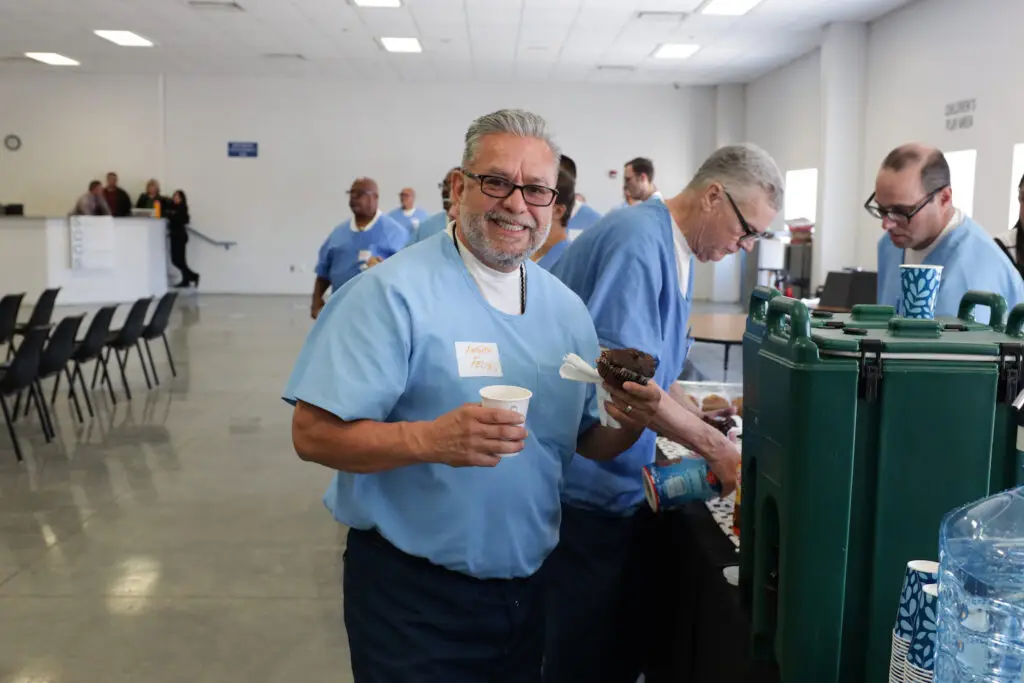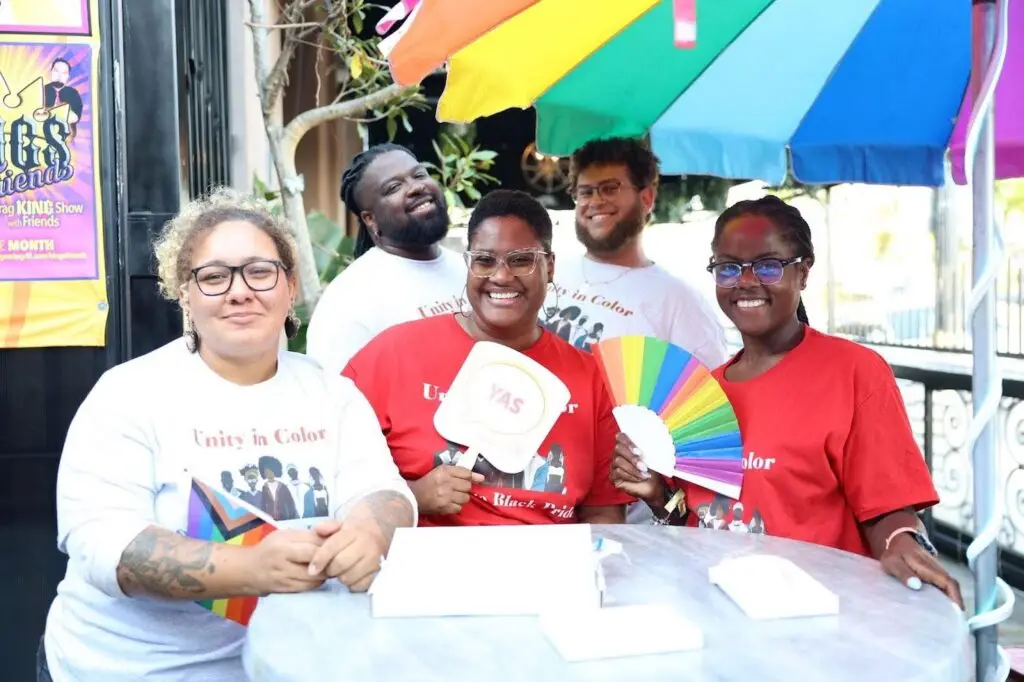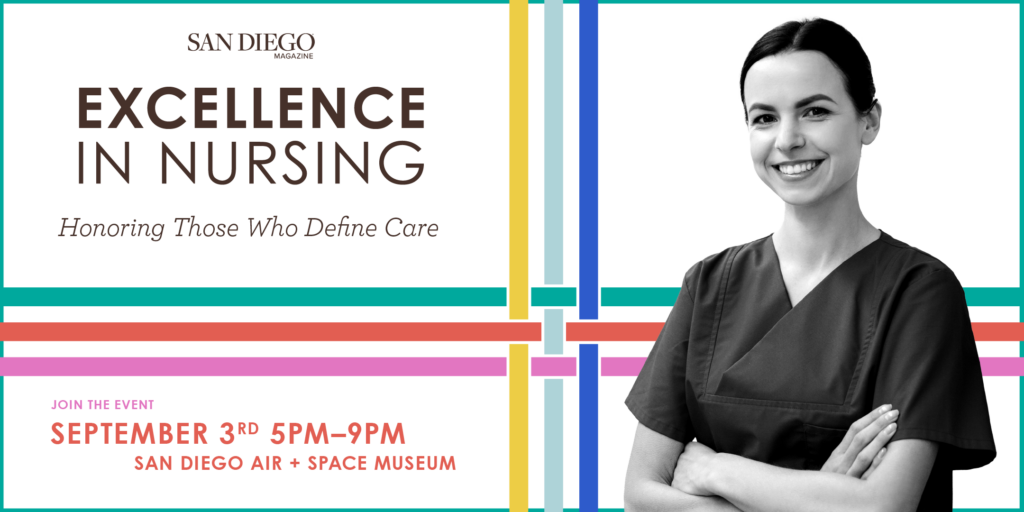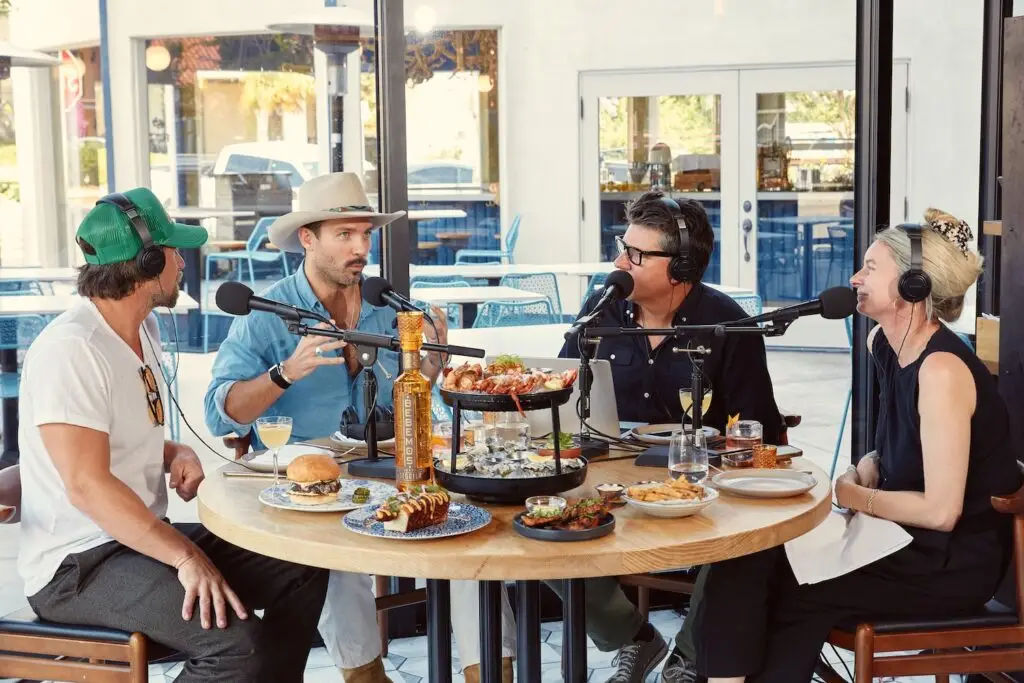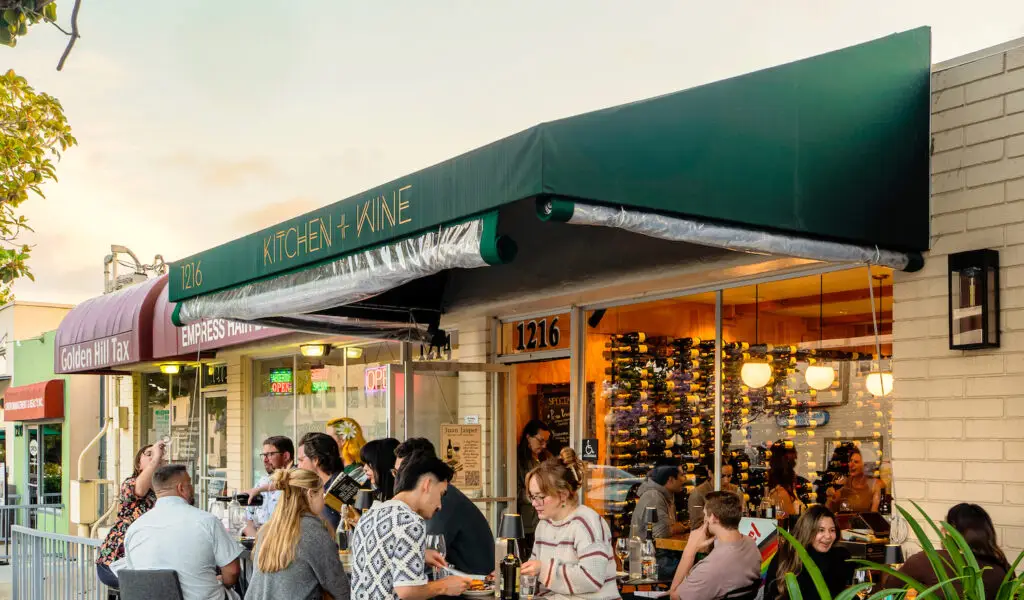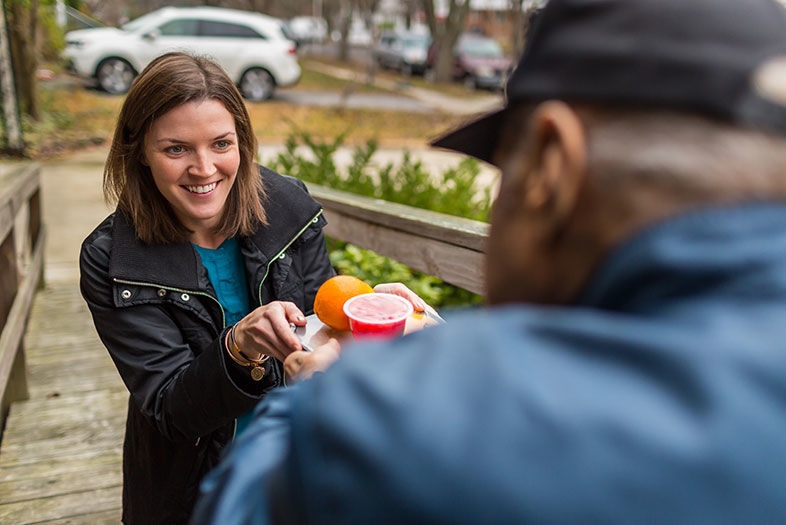It’s something that local Meals on Wheels volunteers have known anecdotally for a long time: Human interaction can improve a senior’s health and quality of life. The simple act of delivering a warm meal to a homebound senior can provide needed social interaction while giving a window into changes in their health.
“We’re the ones who cross their threshold day-to-day,” says Debbie Case, president and chief executive officer of Meals on Wheels San Diego County. “We’re the ones reporting back that Ms. Smith isn’t doing so well. She’s moving slower, her breathing doesn’t sound as good as it did yesterday.”
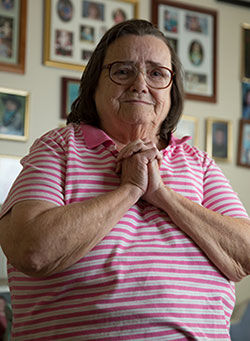
Meals on Wheels Offers More Than a Meal
Homebound seniors happily greet volunteers who will soon be trained to notice potential problems and report back to health care providers.
Meals on Wheels San Diego County serves anyone over the age of 60 regardless of income, though the largest percentage of recipients are over the age of 82.
The national Meals on Wheels network is trying to determine how to best track and report those daily observations in the third phase of its ongoing “More Than a Meal” research project. Now in the first of a two-year collaboration with Brown University’s Center For Gerontology and Healthcare Research and the La Jolla–based Gary and Mary West Health Institute, Meals on Wheels is studying ways to integrate health and safety screenings into daily meal deliveries. San Diego is one of six research markets nationwide.
Volunteers won’t be trained to make clinical decisions, but rather to clue in to potential problems that can be reported back to caregivers and health care providers, according to Dr. Zia Agha, West Health Institute’s executive vice president of clinical research and medical informatics. They might ask pertinent questions, or just run through a mental checklist of potential red flags, such as: Does the senior have a fall risk, like wires or rugs? If the volunteer is putting food in the fridge, is the food inside rotting? Does the senior look more disheveled today? Do they have bruising?
“We hope that by using that data, we can identify patients at risk and recommend interventions,” Agha says. “The human connection is still important and very valuable to our overall health.”
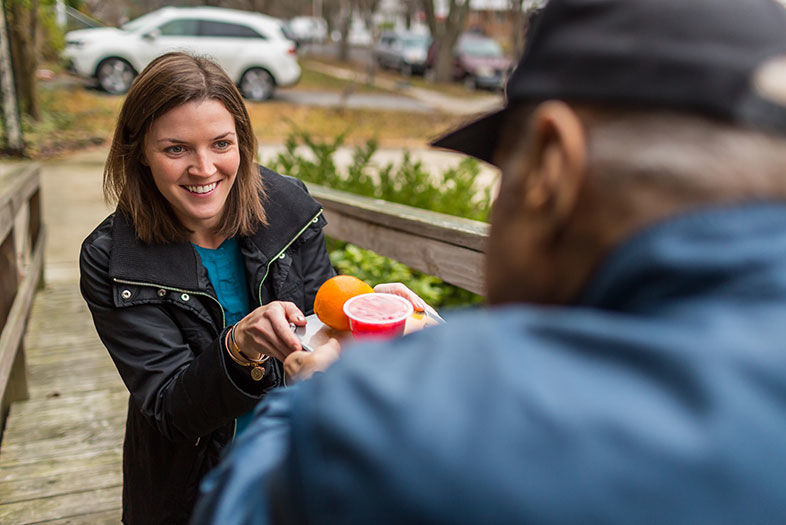
Meals on Wheels Offers More Than a Meal
PARTNER CONTENT
Photos courtesy of Meals on Wheels America
